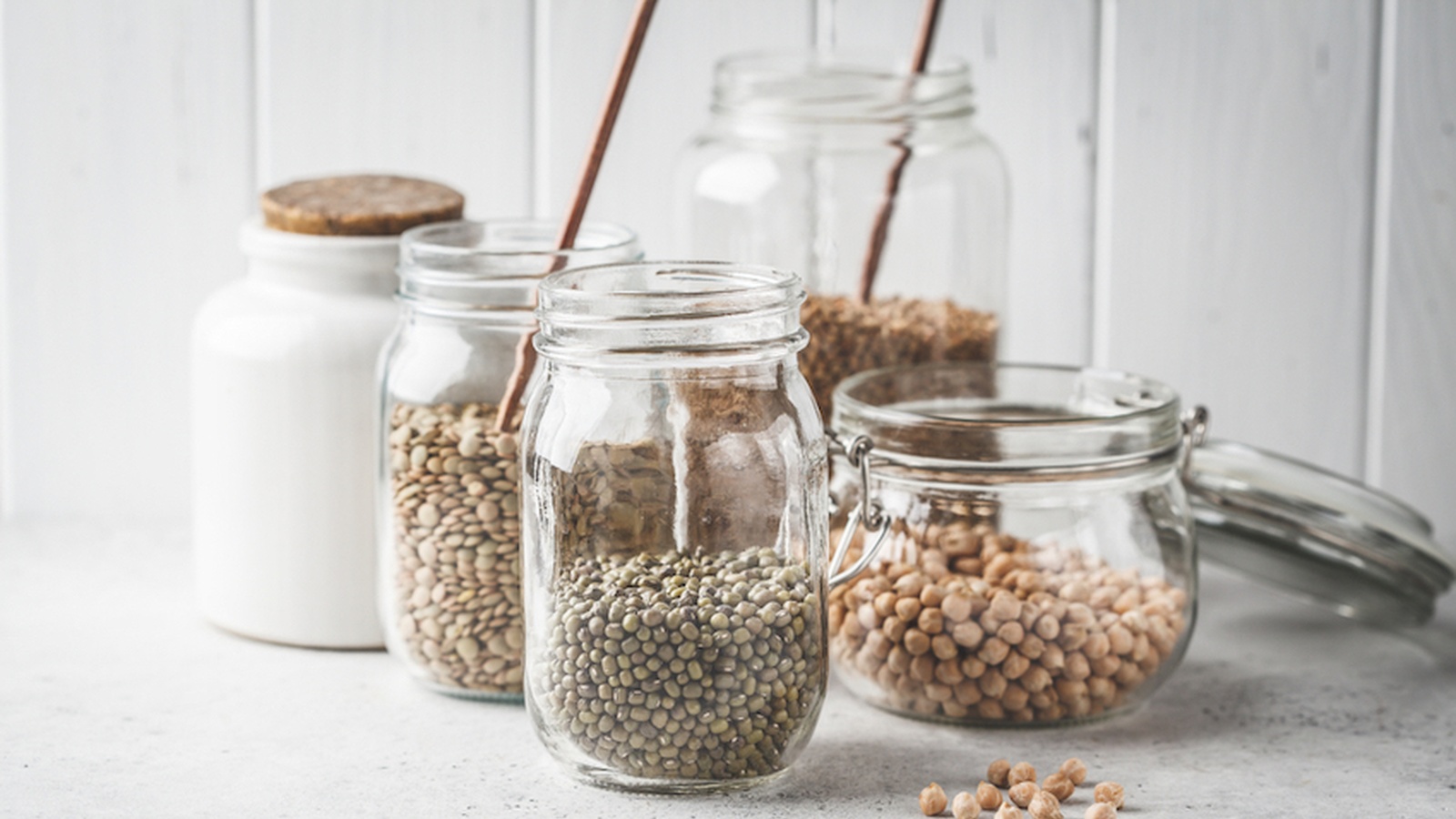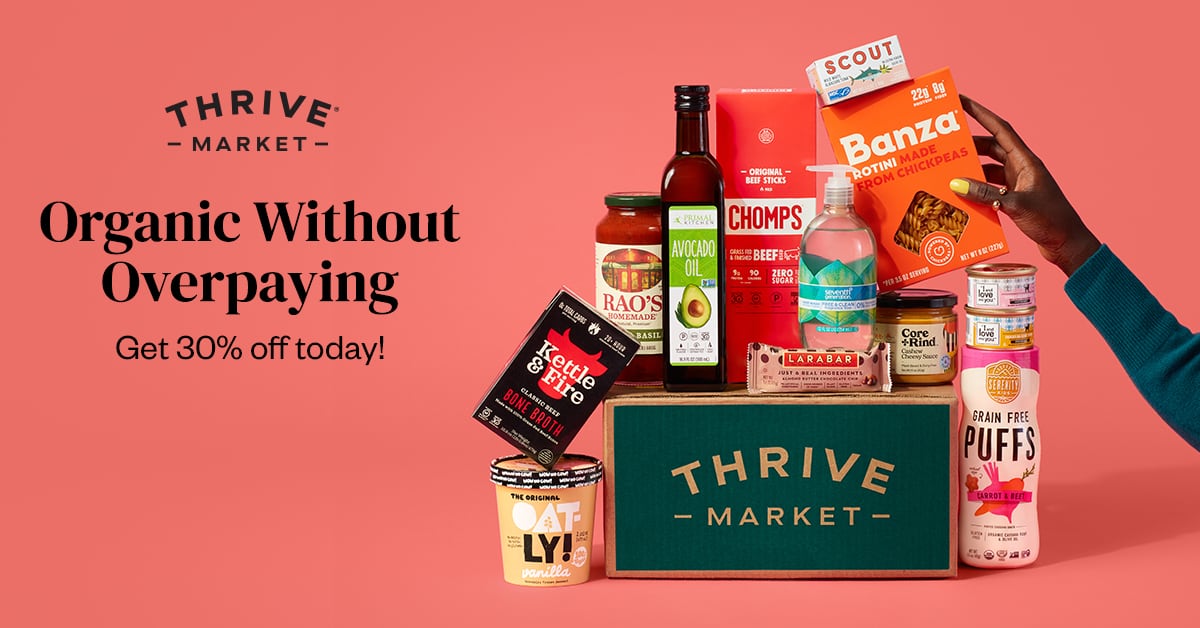10 Ingredients Every Plant-Based Pantry Needs
The benefits of a plant-based diet are abundant, but in order to get the most out of this healthy lifestyle choice, you should be well organized with a pantry stocked with the key ingredients to make your own delicious and nutritious meals.
Here’s our top 10 list of ingredients you should have on hand:
1. Hemp Seeds
With their mild, nutty flavor, hemp seeds are made up of around 25% protein as well as essential amino acids, minerals, and vitamin E. They also boast a healthy ratio of omega 6 to omega 3 polyunsaturated fats.
You can add hemp seeds to almost any dish, salad, or smoothie, and it makes for a particularly good hummus!
2. Oats
A great source of plant protein, as well as important minerals, antioxidants, and fiber beta-glucan, oats are great to eat on their own or as a base for many baked goods or snacks. Eating oats has also been associated with lowering cholesterol and managing diabetes.
3. Nutritional Yeast
This is definitely a pantry essential for the taste as well as the health benefits! Imagine a deliciously cheesy taste without dairy… that’s the flavor benefit of nutritional yeast that you can add to any savory meal, and we bet you’ll find plenty of reasons to use it! Try making a vegan Mac & Cheese with this recipe. The other great thing about nutritional yeast is it boasts a high amount of Vitamin B12, which is normally very difficult for non-meat eaters to find.
4. Tamari
If you like Asian cuisine you’ll love tamari - the slightly thicker, less salty soy-sauce alternative that is generally gluten-free (depending on the brand). Apart from being a tasty addition to your stir-fry or dipping sauce for your sushi, tamari, as a fermented soy product, is also great for reducing the effects of diabetes mellitus, blood pressure, cardiac disorders, and cancer-related issues.
5. Coconut Oil or Fat
We use coconut oil for everything from cooking oil to butter replacement to skincare! Packed with good fats, coconut oil is great for cooking at high temperatures, while also friendly on your hips, supporting digestion, and boosting your immunity.
6. Wild Rice or Brown Rice
If you’re looking for a healthy whole grain to bulk up your meals, wild rice is a great choice, containing fiber, folate, and magnesium, without the refined carbohydrates of other grains. We love eating wild rice in salads like in this recipe.
7. Chia Seeds
Chia seeds may be small, but they pack a punch - they are the richest plant source of omega-3 fatty acids, and they are a complete protein containing all the essential amino acids that cannot be made by the body.
Use chia seeds in smoothies, energy bars, in your baking, or why not try a delicious chia seed pudding!
8. Coconut Sugar
For a little sweetness in your life, reach for coconut sugar over refined white sugar for a healthier, fuller flavor. While white sugar is stripped of nutrients due to processing, coconut sugar retains its rich mineral content, including calcium, iron, zinc, and potassium due to minimal processing. Here’s one of our favorite sweet treats using coconut sugar.
9. Canned Tomatoes
If you have canned tomatoes in your pantry, you can make a meal! As the base for many European and Mediterranean dishes, you’ll thank yourself for having this on hand to cook something nutritious after a busy day. As well as being convenient, canned tomatoes contain higher lycopene antioxidants than fresh tomatoes, which helps reduce the risk of heart disease and more. Just make sure you check the label and look out for salt/sodium, flavors, or additives.
Note: While canned tomatoes are super handy to have in the pantry, it's important to try and find a brand that uses BPA free lining.
10. Beans and Legumes
Beans and Legumes are excellent sources of potassium, protein, antioxidants, and deliciousness! They’re great at filling you up, controlling your appetite, and improving your gut health as well as stabilizing blood glucose levels. Keen for some beans? Try this Crazy Sexy Bean Chili from our friend Kris Carr. To make them more easily-digestible, we recommend soaking your beans and legumes for 10-12 hours in water before cooking. Learn more about why here.
With a pantry full of good-quality and versatile ingredients, you're setting your kitchen up for success. A few key staples, alongside fresh, organic produce and a handful of good recipes, are all you really need. Now you just need the inspiration to use them.










